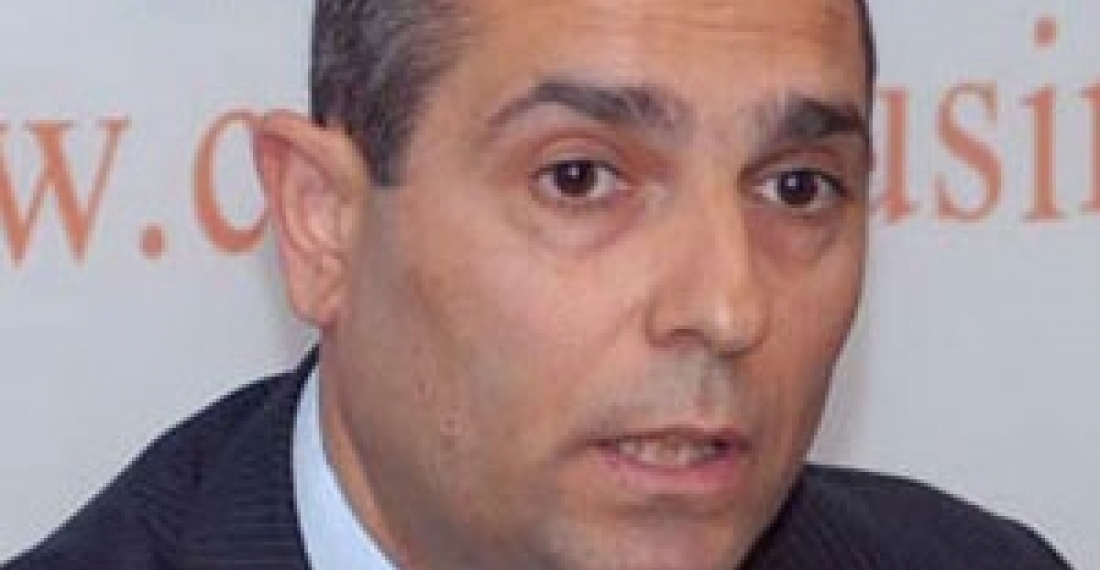The French bill criminalizing denial of genocides and, generally, the issue of international recognition of the Armenian Genocide in Ottoman Turkey, is not so connected to resolution of the Karabakh-Azerbaijani conflict, Masis Mailyan, Head of the NKR Public Council for Foreign Policy and Security, told ArmInfo when commenting on possible impact of the above bill on the Karabakh peace process.
"The situation in the Minsk process may change if Azerbaijan as the closest ally of Turkey and a party to the Karabakh conflict demands France to leave the position of the OSCE Minsk Group co-chair-state. The Foreign Ministry and the ruling party of Azerbaijan have already condemned the French Senate's decision saying that the given step may affect Paris's participation in certain regional process. In addition, the Azerbaijani party cast doubt on France's impartiality in the issues related to the Karabakh conflict," Mailyan said.
"I think that if Azerbaijan is consistent in its demand, France may really leave the Minsk process and shut the doors after it i.e. making certain steps to recognize the state independence of NKR. One should not forget the statement made by President Sarkozy a few months ago saying that no country can understand what Nagorny Karabakh means for Armenia better than France," Mailyan said.







